Publications
Articles, publications, books, tools and multimedia features from the U.S. Institute of Peace provide the latest news, analysis, research findings, practitioner guides and reports, all related to the conflict zones and issues that are at the center of the Institute’s work to prevent and reduce violent conflict.
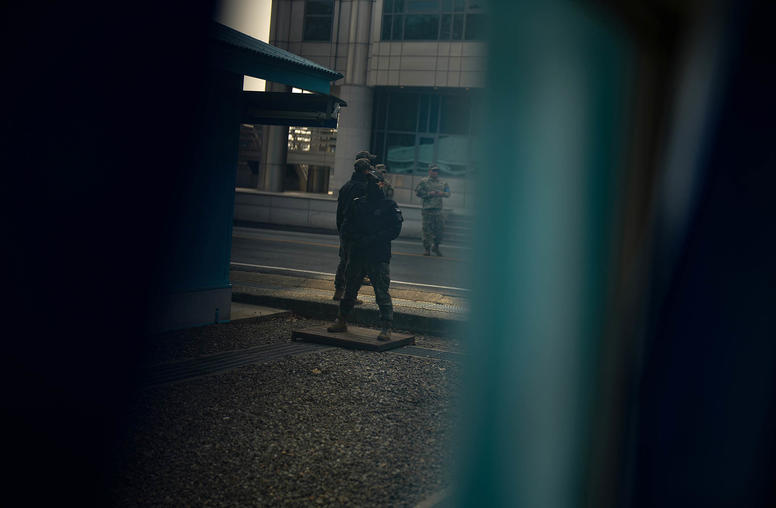
North Korea Has Lost the ‘Unification Competition’
North Korean leader Kim Jong Un in January declared peaceful unification with South Korea is no longer possible. In a speech to the Supreme People’s Assembly, North Korea’s parliament, Kim said North Korea’s constitution should be amended to show that South Korea is a “primary foe and invariable principal enemy.”

Is China Eyeing a Second Military Base in Africa?
For over three decades, every Chinese foreign minister’s first overseas trip of the year has been to Africa. This year continued the tradition with China’s foreign minister, Wang Yi, visiting Egypt, Tunisia, Togo and Côte d'Ivoire. Notably, every one of these countries is coastal. And yet, at a time of continued speculation over China’s next military installation in Africa, none of these countries has featured prominently as potential locations in previous analyses. We might, therefore, reasonably ask what China’s current considerations are around basing in Africa. Faced with an increasingly multipolar and assertive Africa at a time of domestic economic challenge, however, China’s long-term strategy remains unclear.
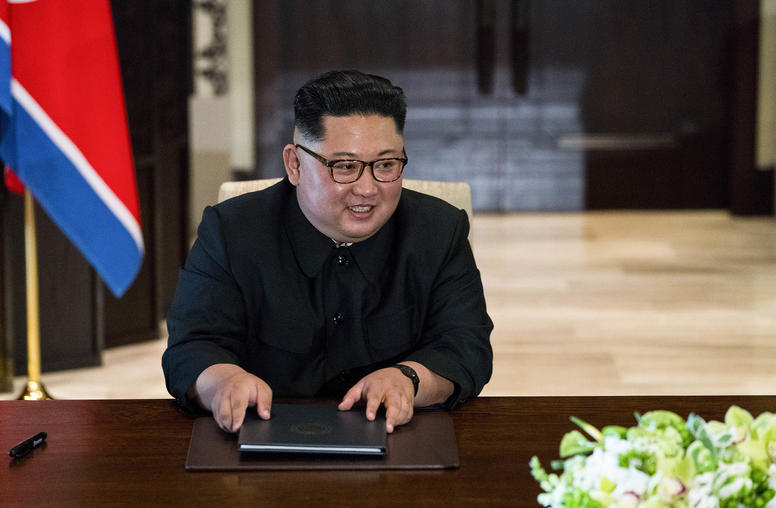
If You Want Peace, Prepare for War, and Diplomacy
At this Kim Dae-jung Peace Forum, it’s useful to recall seemingly paradoxical advice offered by a fourth-century Roman general: Si vis pacem, para bellum. “If you want peace, prepare for war.”
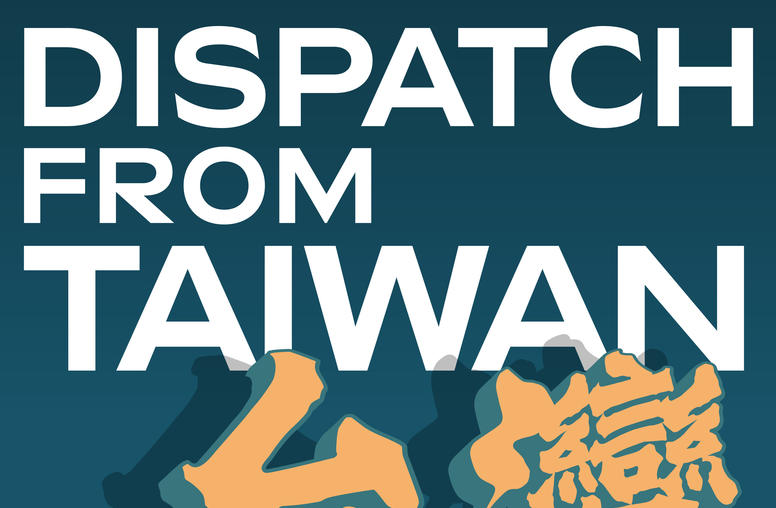
‘Silicon Shield’: Looking Beyond Semiconductors
Taiwan makes 65 percent of the world’s semiconductors and roughly 90 percent of the world’s most advanced computer chips. In this episode of "Dispatch from Taiwan," we look at what’s known as the “silicon shield,” its history, its substance, and how Taiwanese citizens view this critical industry. Most importantly, what’s the next big thing?
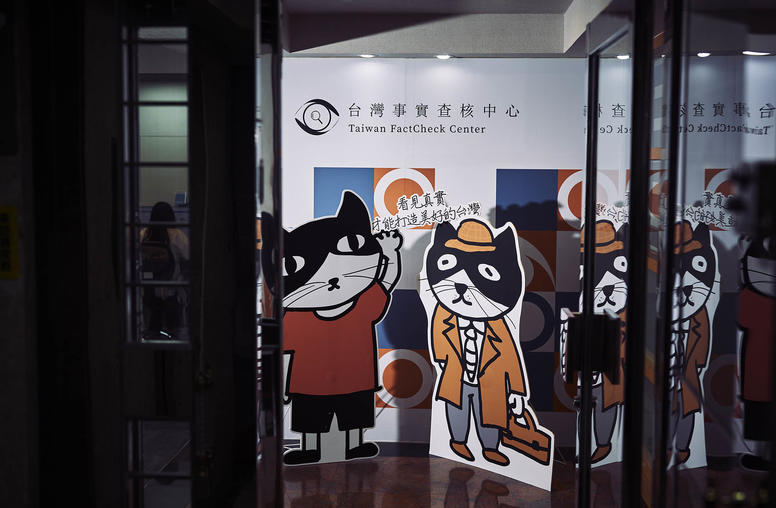
Taiwan’s Democracy Prevailed Despite China’s Election Interference
The election of Lai Ching-te, or William Lai, as Taiwan’s next president despite firm opposition from China is a positive sign that democracy is alive and well on the island nation. Nevertheless, the fact that Lai, whom China has deemed a “troublemaker” and “separatist,” won by a narrow margin, and his Democratic Progressive Party (DPP) lost its majority in the Legislative Yuan, will be seen in Beijing as an acceptable outcome, as it restricts Lai’s ability to advance his agenda and reveals the limits of the DPP’s appeal.
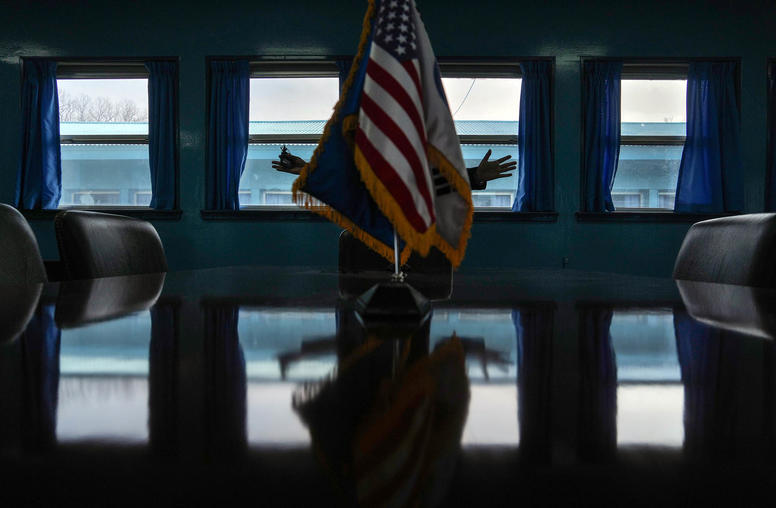
Revisiting the Two-State System for Peaceful Coexistence on the Korean Peninsula
The mounting tensions and risk of nuclear war that plague the Korean Peninsula today are typically attributed to a combination of North Korea’s aggressive nuclear posture and doctrine and the U.S.-South Korea alliance’s proactive deterrence countermeasures. However, while these factors are proximate and important, they themselves stem from a deeper, fundamental cause. The longstanding division of the Korean Peninsula has trapped the two Koreas in an endless unification competition to outcompete and take over one another, which drives the arms race and confrontational military postures against each other. Advancing a “two-state system” that mitigates the unification competition may help promote peaceful coexistence between South and North Korea and reduce the risks of conventional and nuclear war on the peninsula.
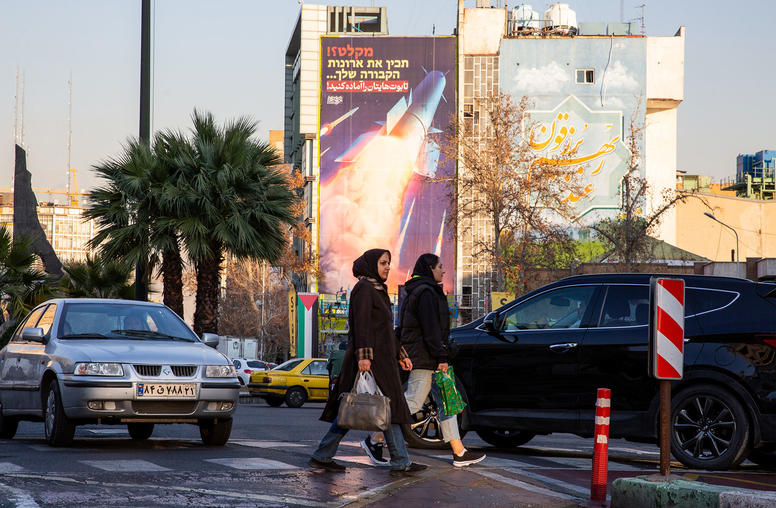
Making Sense of Iran-Pakistan Cross-Border Strikes
In a surprising turn on January 16, Iran launched missile strikes into Pakistan’s Baluchistan province, claiming it had hit two strongholds of anti-Iran insurgent group Jaish al-Adl (Army of Justice). Iran announced the attack in Pakistan concurrent to its strikes in Iraq and Syria. Less than two days later, Pakistan hit back with not only missiles but also fighter jets in Iran’s Sistan-Baluchistan province — claiming to target hideouts of anti-Pakistan ethno-nationalist insurgents operating from Iranian soil.

Jason Tower on China’s Growing Influence in Myanmar
A string of recent defeats for Myanmar’s junta has “re-energized the resistance across the country,” says USIP’s Jason Tower. But as China takes a more involved approach to the conflict, there are concerns that “growing Chinese influence might pose more of a challenge to a free and open Indo-Pacific in the future.”
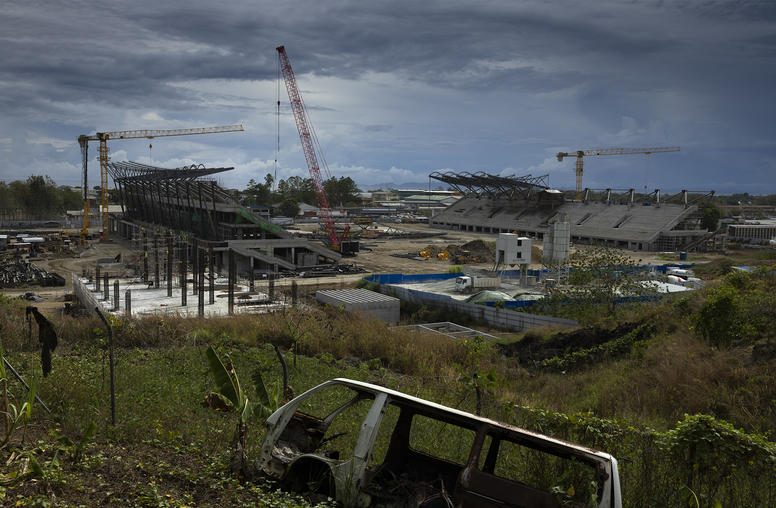
Financially Weak Pacific Island States Are Vulnerable to China
The Pacific island nation of Nauru this week switched diplomatic recognition from Taiwan to China, a move that could seem of little consequence in a largely symbolic competition between Taipei and Beijing. But the move has a deeper significance for the United States.
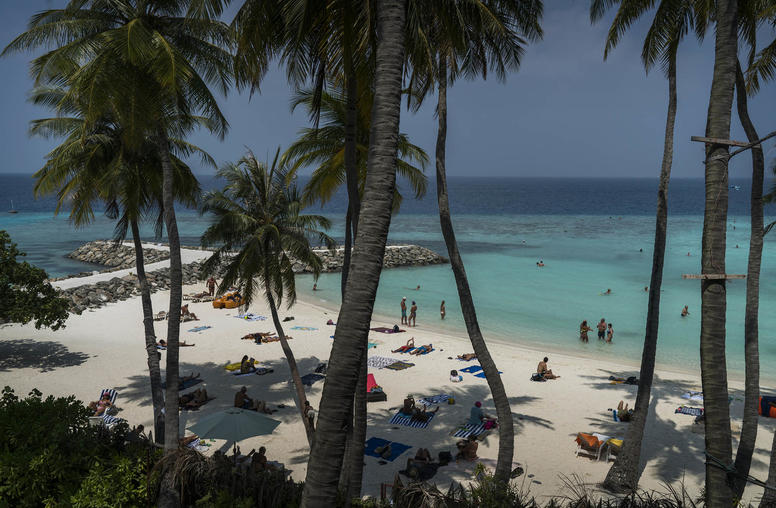
As Tensions with India Grow, Maldives Looks to China
On January 4th, social media posts from Indian Prime Minister Narendra Modi praising the beauty of India’s beaches in Lakshadweep sparked a diplomatic row with the Indian Ocean island nation, Maldives. As a country that leans heavily on tourism at its own beaches, three Maldivian junior ministers were quick to criticize the Indian prime minister, which led to calls from Indian social media users to boycott Maldives as a tourist destination.